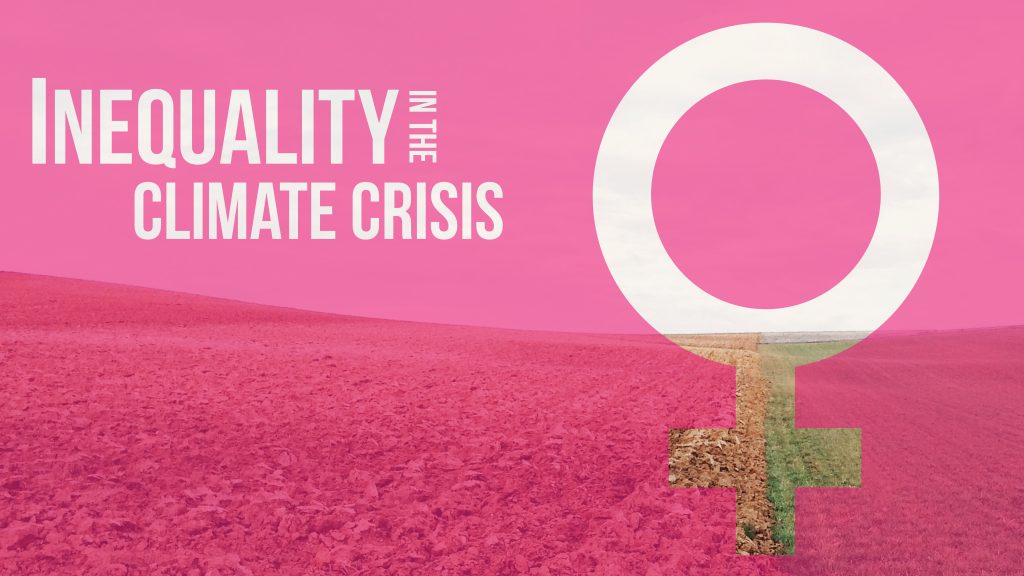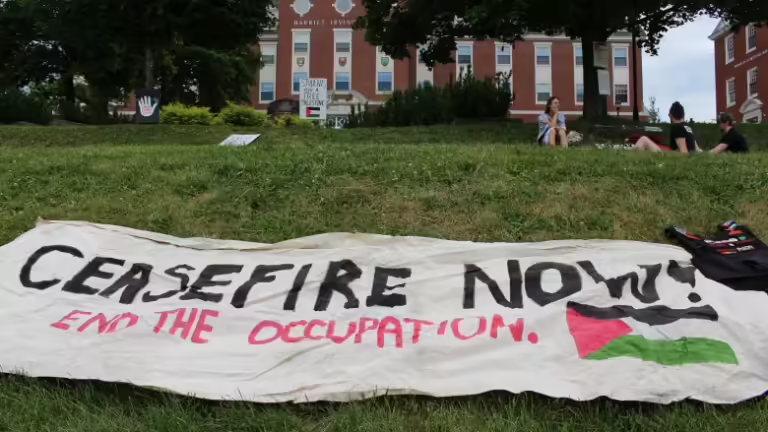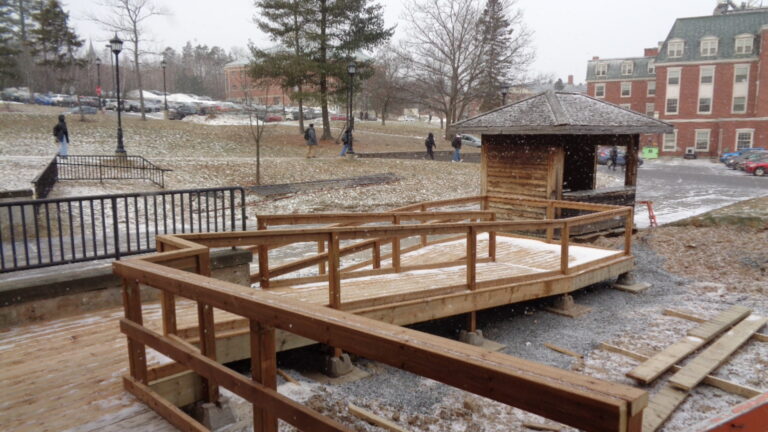Friends of the Earth (FOE) Canada, a member of Friends of the Earth International, has spent the last two decades focusing on sustainability and the climate crisis.
They work with colleges around the world to protect environmental and human rights, and they have recently teamed up with the National Association of Women and the Law (NAWL) to intervene in a court case involving carbon pricing.
This case illuminated the presence of gender inequality in climate change, as women are negatively impacted by the crisis more than men.
“The impact on women is more severe than on men because women are already at a disadvantage to start with. With an average lower income and being more likely to already be living in poverty. Carbon pricing would be an example of how they are affected,” said Beatrice Olivastri, The Chief Executive Officer of FOE Canada.
Anne Levesque is the co-chair of NAWL and appeared in the Supreme Court with her co-counsel, Nathalie Chalifeur.
A national poll was done in September by FOE Canada after they intervened in the case, which supported their claim that women feel the effects of the climate crisis more than men.
“It was very interesting to see that a higher number of women responded in support of the need for regulation [with respect to the climate crisis],” said Olivastri.
Olivastri and Levesque recently wrote a piece titled, ‘A Real Climate Emergency Plan Must Address Equality,’ which indicates that the plans for recovery and climate action must address equality for women.
“The impact climate change has had on people is becoming more and more apparent. It’s very clear over the last little while that the extreme weather incidents are caused by climate change. Those have a direct impact on people and in particular women who already have the limitation of earning less and are more vulnerable in many situations,” explained Olivastri.
She feels governments should be analyzing gender-based impacts as important pieces of legislation are being developed.
“[The government] have to take into account women, who are more likely to be the heads of households and those who are at the poverty line. They may want to benefit and participate in the things we need to do for climate,” she explained.
Experiencing the recovery of COVID-19 has been an eye opener for Olivastri on how the government can handle crises.
“This has given us the experience of the art of the possible. Having to respond quickly to COVID means surely an equivalent global catastrophe of climate change could be responded to more quickly,” she said. “We’ve seen an amazing way a collaborative approach among governments can work and does work and has to continue to work. If we could get to that place on climate, that is what we need.”




